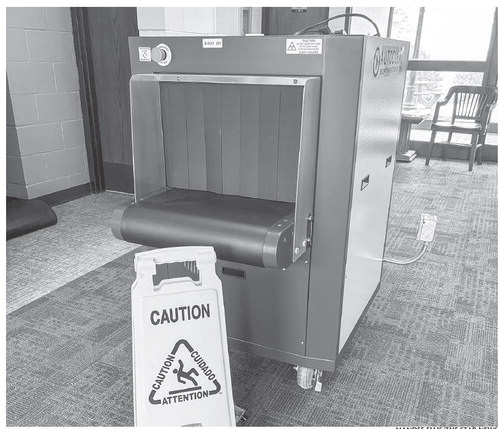Stolen data, impostors and fake services harm businesses
Since 2022, business scams to Better Business Bureau (BBB) Scam Tracker totaled more than 3,600. These scams involved employee and vendor impersonations, theft of social media accounts, data breaches, and many more scam types.
These reports show that business scammers can steal hundreds of thousands of dollars in a flash without proper protection. Further reports to federal agencies show total losses of billions each year.
In “BBB Study: How impostors, stolen data, and fake services cost businesses billions” BBB examines patterns of reports, reviews the amount of money lost and shares stories from those caught up in the scams so businesses can avoid them.
Key findings · Business scams are ubiquitous across North America, and they come in a multitude of different forms · Losses are staggering for businesses. The average data breach costs a company $4.9 million, a figure that excludes some of the largest losses. $1.4 billion was reported lost due to data breaches in 2024, according to the FBI.
· Billions more are stolen as a part of elaborate schemes, such as business email compromise scams, where employees have their identities stolen and used to convince others to hand over cash.
Scam survivor stories David, a business owner in Nebraska, was looking to buy some equipment for his gas pump repair business. He found a reputable looking site, and he decided to purchase over $20,000 in equipment, which included a skid steer and a bobcat. Once the money was wired, the seller disappeared. When researching online, he found that the scammer had stolen a real company's website. David never recovered his money.
Linda in Mississippi runs a commercial cleaning business with her husband. They were contacted by someone attempting to hire them for a job. The duo agreed, and the customer sent them a check which they deposited in their bank. Before the job started, the customer asked whether the money had been deposited. When Linda told them it was currently held at her bank, the customer asked for a deposit slip and their banking information to ensure she had actually attempted to deposit it. At this point, Linda knew it was a scam, which was confirmed when the check bounced.
Red flags of a business scam include: · Correspondence from unknown businesses, government agencies, or big-ticket buyers · Invoices from unexpected emails · Odd behavior from “known” vendors or businesses · Requests for gift card or pre-paid debit card payments from “coworkers” or “vendors” Urgent demands to renew or obtain licenses or trademarks· Claims about expiring domain names · Consultants making big promises about helping your business





